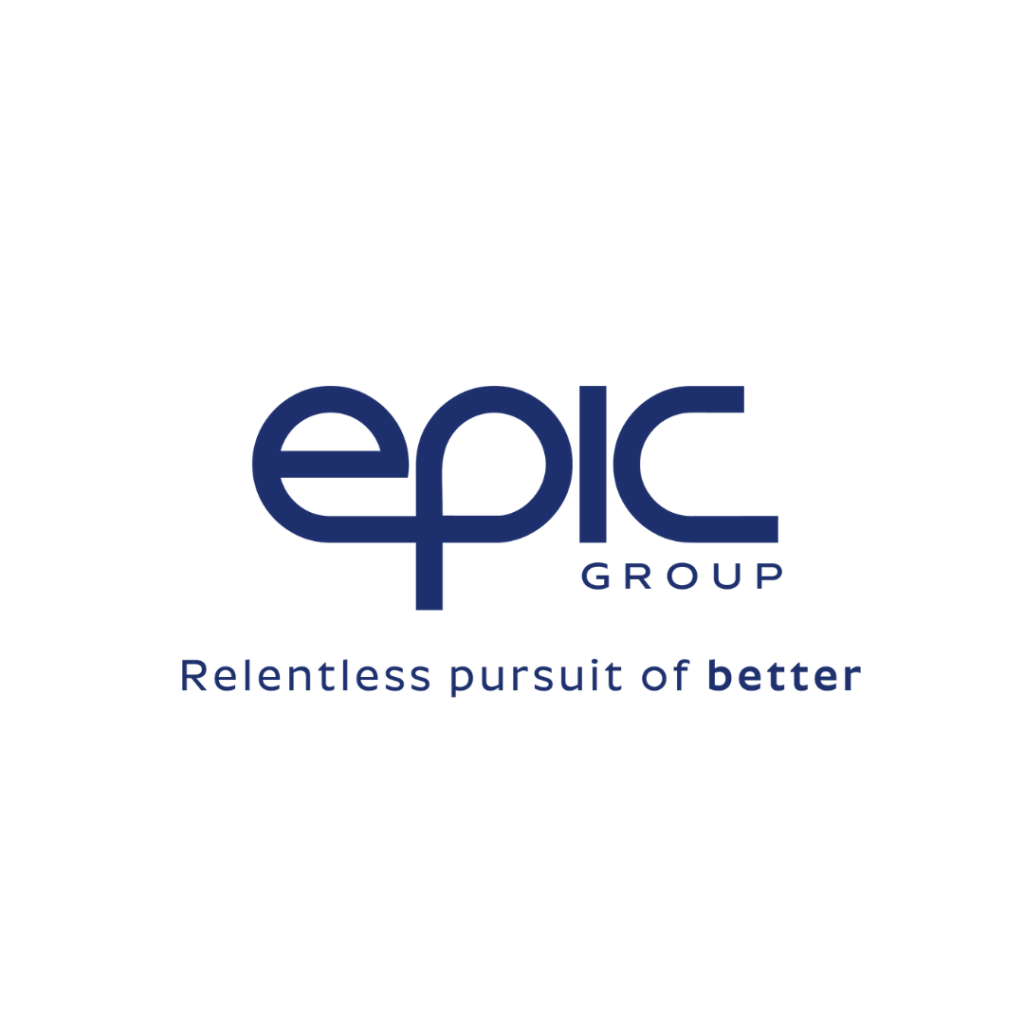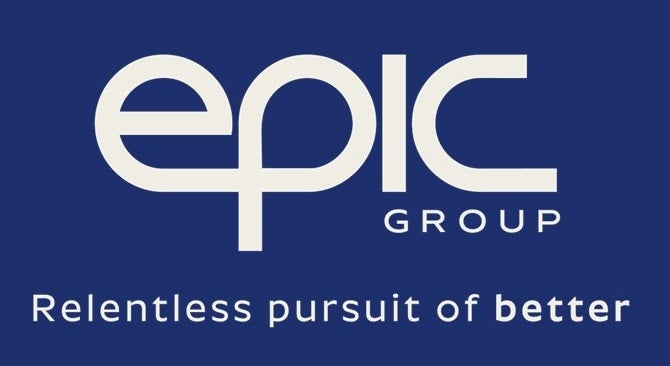Featured Company

Hong Kong based Epic Group, a leading garment manufacturer for global brands, is ranked in four categories in our 2022 rankings. READ MORE
The company announced in July 2022 a new strategic partnership with CleanKore, a denim innovation and patent licensing company. This partnership aims at scaling the CleanKore patented yarn dyeing technology that provides numerous economic and sustainability benefits for both the denim mill and garment manufacturer. READ MORE
The Excellence Awards celebrate the greatest achievements and innovations in the industry. The programme provides a platform to recognize the people and companies that are driving change.
Our programme is designed to highlight excellence within the sector by looking at a range of corporate activities including deals, business projects and company initiatives, both internal and in the community.
Is your company listed?
If you want to learn more about the Awards and the range of marketing materials and options available to promote your achievement then please get in touch with us or download the Media Pack:
Contact: Tina Ross – tina.ross@globaldata.com
Or book a meeting direct – https://calendly.com/tina-ross
What is Environmental?
The Environmental category aims to highlight companies that are undertaking projects that reduce their impact on the natural environment or contribute to its general health. With the effects of climate change becoming ever more obvious, corporations have a responsibility to update and change their practices to prevent further damage being caused.
This category includes any projects that have led or will lead to a significant reduction in a company’s environmental impact and carbon footprint. This can include changes to materials and manufacturing, supply chain reviews; reduction in energy use or switches to renewables; recycling initiatives; and carbon offsetting. The category also includes projects that contribute to the environment such as tree planting schemes and river cleaning.
Themes
The textile industry has been facing challenges when it comes to its environmental impact, but the case studies that came up during the research period are definitive proof that the industry is working hard to combat carbon emissions and textile waste with innovative approaches and initiatives that are aimed at improving production sustainability and creating a circular economy.
The production of textiles has always been criticised for its heavy use of chemicals and water resources. The companies ranked below have seen this issue and have been seeking to develop methods and guidelines to minimise water and chemical usage and make chemical handling safe through a variety of initiatives.
Circularity has been a model that the industry has strived towards and during the research period we have found an increase in cases where companies have been developing circular production models and supply systems. These developments have been connected to closing the gap in the production cycle and ensuring complete transparency in both production and supply chain.
Categories
The companies in this category have set carbon reduction goals, been recognised for their carbon-neutrality efforts and have established roadmaps for their transition to carbon neutrality.
The companies in this category have been expanding circular business practices and striking deals to create circular brand economies and strengthen value chain circularity for their respective fashion brands.
The companies in this category have been focusing on developing circular systems for producing fibres and fabrics with an emphasis on recycling and a cyclical farming process.
The companies in this category have been developing supply systems that are focused on delivering circular economy solutions that keep garments in circulation for longer and close the gap in the economic cycle.
The companies in this category have been developing circular initiatives connected with the textile production process by using reclaimed and regenerative materials and have been optimising production methods to create a circular value chain and promoting textile surveillance.
The companies in this category have been working hard to expand their initiatives and join already existing endeavours on creating sustainable industry practices and products.
The companies in this category have been signing frameworks to cooperate in an effort to discover new ways to tackle carbon emissions and textile waste.
The companies in this category have been working to incorporate regenerative materials into their collections and boost their production with daring new initiatives.
The companies in this category have been working on developing materials that are produced in a sustainable manner.
The companies in this category have received certification for their products and initiatives, which provides credibility for their claims around product efficiency when it comes to fabrics and production practices and a sign that their initiatives have been successful.
A serious concern for the industry is the use of chemicals and the companies in this category have been working to create guidelines for the reduction of chemical use, striking deals to develop chemical-free production processes and phasing out chemical use in different areas of production.
Denim is a material that is costly to manufacture and the companies in this category have been working to create sustainable production practices and recycling initiatives.
Dyeing is a costly process for the environment and the companies in this category have been working hard to make it more sustainable by bringing in innovative production methods, initiatives to scale production of indigo dye and boost eco-friendly and waterless dyeing processes.
Natural leather has had a bad reputation because of the way it is produced. The companies in this category have been working to make the leather production process more traceable and eco-friendly with auditing protocols and transparency initiatives.
Furthering recycling efforts has been key to the textile industry and the companies in this category have been developing new ways to recycle fibres and fabrics by launching recycled materials, developing new recycling technologies and developing new materials such as recycled carbon to use in production.
During the research period the industry has been showing a commitment to phasing out plastics in production. The companies in this category have been phasing out petro-chemical materials in their production and have been bolstering recycling capabilities.
Upcycling is a trend that has been picking up pace when it comes to eco-friendly practices in the industry. The companies in this category have their finger on the pulse and have been developing upcycled collections from cutting room scraps and recycled products, as well as certification programs.
The companies in this category have been working on bringing renewable energy into the textile industry through various initiatives.
The companies in this category have been working on developing sustainable retail practices such as brand visibility and sustainability accountability, return policies and carbon-emission reduction.
The companies in this category have been boosting supply chain visibility as well as sustainability practices and traceability.
The companies in this category have been setting and accomplishing sustainability goals such as carbon-emission reduction, sustainable production and renewable energy solutions.
The companies in this category have been creating guidelines to help boost sustainability practices in all corners of the industry including fabrics production, chemical safety and sustainable and circular economy development.
The companies in this category have been developing new ways to accelerate transparency concerning fabrics and fashion collections.
Microplastics shedding has been a growing problem for the textile industry. The companies in this category have been finding innovative solutions to combat shedding through studying polyester eating enzymes, working on making washing machines more efficient and creating roadmaps for combating microplastics.
Textile waste is a problem the garment industry has long been searching for a solution to and the companies in this category have been working hard to develop fibres and fabrics that are easily recycled, dissolved, decomposed or upcycled. These companies have been creating initiatives to drive better purchasing and sampling practices in order to tackle the problem both with manufacturers and consumers.
The companies in this category have been developing new tools and techniques to conserve water as well as water-saving production processes for textiles such as denim and different conservation initiatives.





